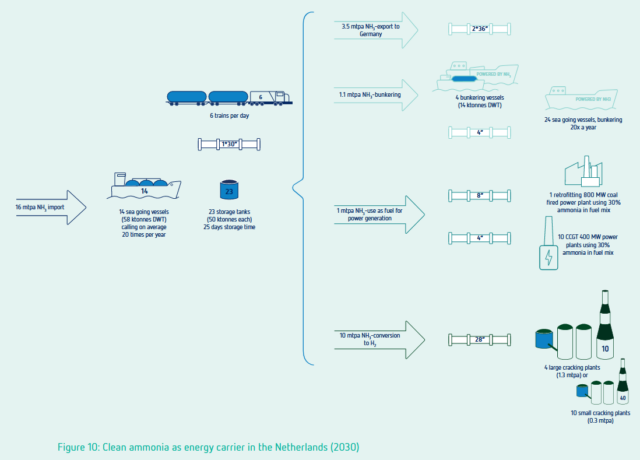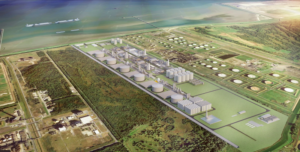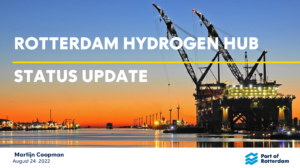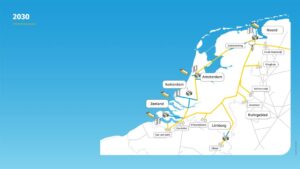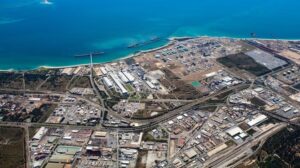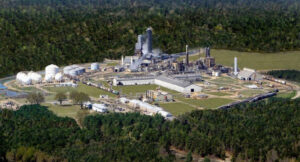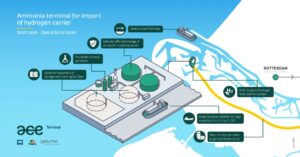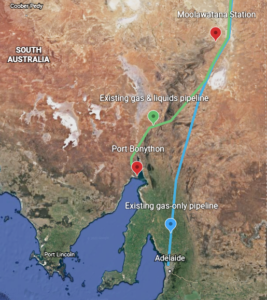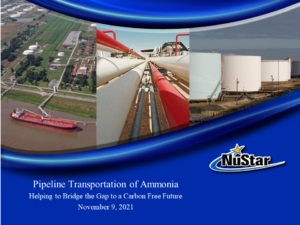Preparing the Netherlands for ammonia imports: new roadmap published
A new roadmap from the Institute for Sustainable Process Technology (ISPT) has set a number of key drivers and enablers for ammonia imports of up to 25 million tons per year in the Antwerpen-Rotterdam-Rijn-Ruhr area by 2030. Public acceptance, a careful approach to safety and environmental concerns, regulatory updates and new ammonia pipelines will all be needed.
